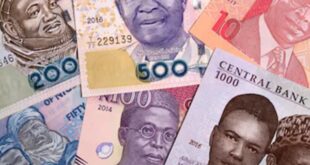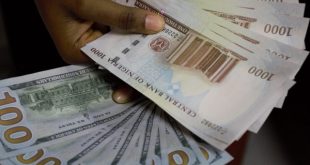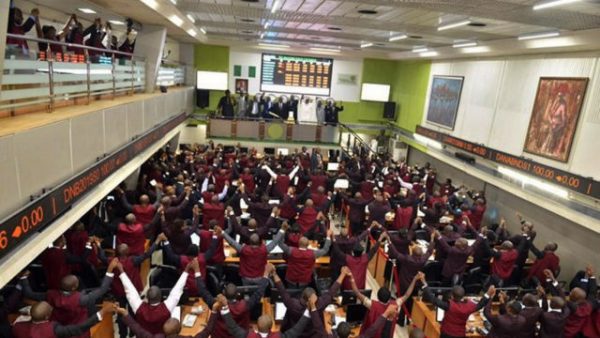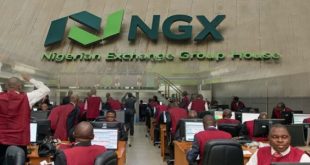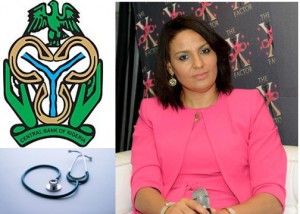
The Central Bank of Nigeria (CBN) circular TED/FEM/FPC/GEN/01/022 dated 6th of November 2014 which excludes finished products, along with four other import categories from accessing foreign exchange at the official exchange (RDAS forex window), is negatively impacting healthcare business, leading to an almost 20 percent addition in cost to healthcare investors.
With practically all medical equipment for clinical diagnosis (dialysis machines, CT scan, MRI, etc.) life-saving vaccines, drugs and most medical consumables being imported and considered as finished products, analysts say that patients would likely bear a geater burden to access healthcare.

Clare Omatseye, Managing Director, JNC International Limited, an equipment solutions firm, said that although the CBN may not have intended for the policy to hit healthcare, in view of the nature of the sector and need to encourage investments there, its impact is hard hitting, as many healthcare projects that are on-going/planned upgrades, will not be able to go ahead as planned, given the huge cost difference.
Omatseye, who is also president, Healthcare Federation of Nigeria (HFN), an umbrella of private sector players in the health sector, noted that while the association has written a formal letter to the governor of the CBN, reminding him of his commitment to unlock the potential of the private health sector, as reiterated in his address upon assuming office, it seeks to ask that CBN to cause another circular, expressly excluding healthcare from the exemption list for all medical equipment, consumables and life-saving pharmaceutical and vaccines, from the initial circular dated November 6th, 2014.

Speaking with newsmen, Omatseye said, “The dollar was available to healthcare at the official rate of N155 as against the interbank rate of N178 (14.84 percent additional cost). With the recent devaluation of the naira, this will now be at an official rate of N168 as against the interbank rate of N177.40 (additional 5.6 percent difference).
“As a result of this circular, many healthcare projects, (both new builds and on-going/planned upgrades), will not be able to go ahead as planned.
“The CBN should adopt the VAT Exemption Model and same level of priority given to the exemption of Medical (equipment, devices, consumables & diagnostic kits) and Pharmaceutical Products from the list of Finished Products excluded from the RDAS Forex Window”.
She continued “Taking the social, political and economic development of Nigeria into consideration, section 3 of the VAT Act, exempts the under-listed goods and services listed in the Schedule, which is divided into two parts: Goods and Services-– Good Exempt. These include all medical and pharmaceutical products, baby products, plant, machinery and equipment purchased for utilisation of gas in downstream petroleum operations, etc.
Omatseye added that medical and pharmaceutical products were at the very top of the list of products that were granted VAT exemption, hence it is that same high level of priority exemption that HFN is pushing for in this RDAS Forex window policy.
Lending his view, Okey Akpa, Managing Director, SKG Pharma, revealed that the cost of drugs in the country is likely to rise astronomically, following this new CBN directive. With Nigerian pharmaceutical companies planning their budgets ahead of the 2015 financial year. Akpa, who is also chairman, Pharmaceutical Manufacturers of Nigeria, Manufacturers Association of Nigeria (PMG-MAN) noted that this recent CBN directive would force Nigerian pharma firms to re-plan their budgets, bearing in mind this latest development.
Investigations reveal that hospitals are set to review their costs for clinical diagnosis, as drug manufactures in the country foresee an astronomical rise in the price of drugs for medicare.
The depreciation of the naira at the interbank and Bureaux de Change (BDCs) segments, reflects recent demand pressures rising from the continued decline in crude oil prices globally and dwindling external reserves.
In its bid to save the naira, the CBN in two recent circulars, excluded certain import items from the RDAS window. Despite the tight measures, the high demand for foreign exchange has continued unabated, This demand does not seem to have any bearing on the genuine foreign exchange needs of the country, which the bank stands ready and has the capacity to meet.
 MMS PLUS NG – Maritime, Aviation, Business, Oil and Gas News Online Newspaper with coverage in Maritime, Oil and Gas, Aviation, Power and Energy as well as Financial News
MMS PLUS NG – Maritime, Aviation, Business, Oil and Gas News Online Newspaper with coverage in Maritime, Oil and Gas, Aviation, Power and Energy as well as Financial News



